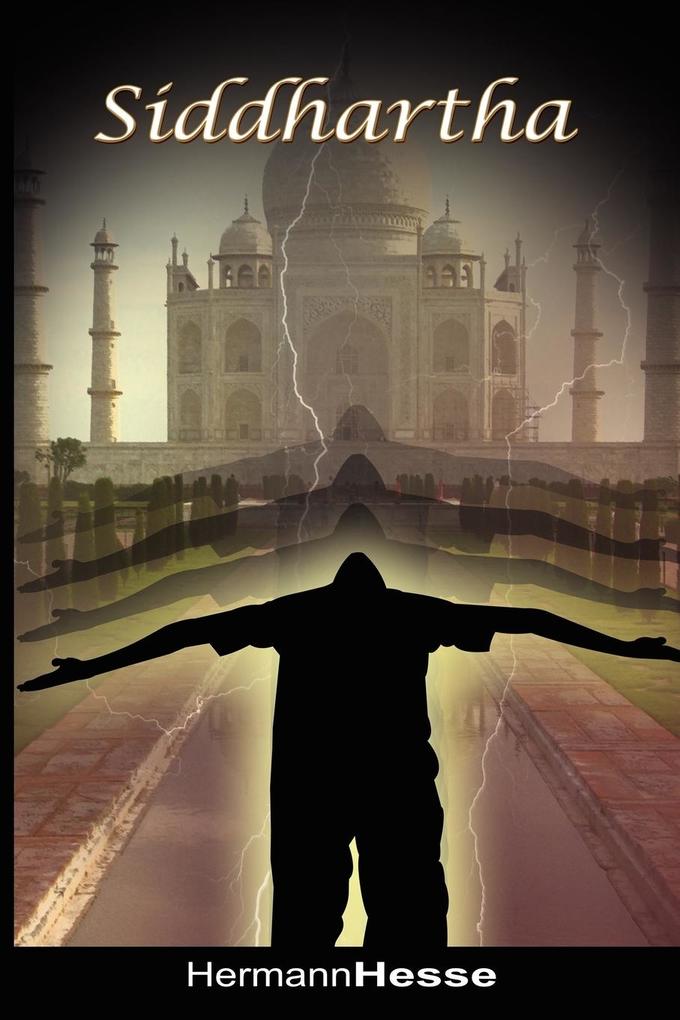
Zustellung: Fr, 03.01. - Di, 07.01.25
Versand in 6 Tagen
VersandkostenfreiBestellen & in Filiale abholen:
In the shade of a banyan tree, a grizzled ferryman sits listening to the river. Some say he's a sage. He was once a wandering shramana and, briefly, like thousands of others, he followed Gotama the Buddha, enraptured by his sermons. But this man, Siddhartha, was not a follower of any but his own soul. Born the son of a Brahmin, Siddhartha was blessed in appearance, intelligence, and charisma. In order to find meaning in life, he discarded his promising future for the life of a wandering ascetic. Still, true happiness evaded him. Then a life of pleasure and titillation merely eroded away his spiritual gains until he was just like all the other "child people," dragged around by his desires. Like Hermann Hesse's other creations of struggling young men, Siddhartha has a good dose of European angst and stubborn individualism. His final epiphany challenges both the Buddhist and the Hindu ideals of enlightenment. Neither a practitioner nor a devotee, neither meditating nor reciting, Siddhartha comes to blend in with the world, resonating with the rhythms of nature, bending the reader's ear down to hear answers from the river.
Produktdetails
Erscheinungsdatum
24. Oktober 2008
Sprache
englisch
Seitenanzahl
92
Autor/Autorin
Hermann Hesse
Verlag/Hersteller
Produktart
kartoniert
Gewicht
148 g
Größe (L/B/H)
229/152/5 mm
Sonstiges
Paperback
ISBN
9781607960171









